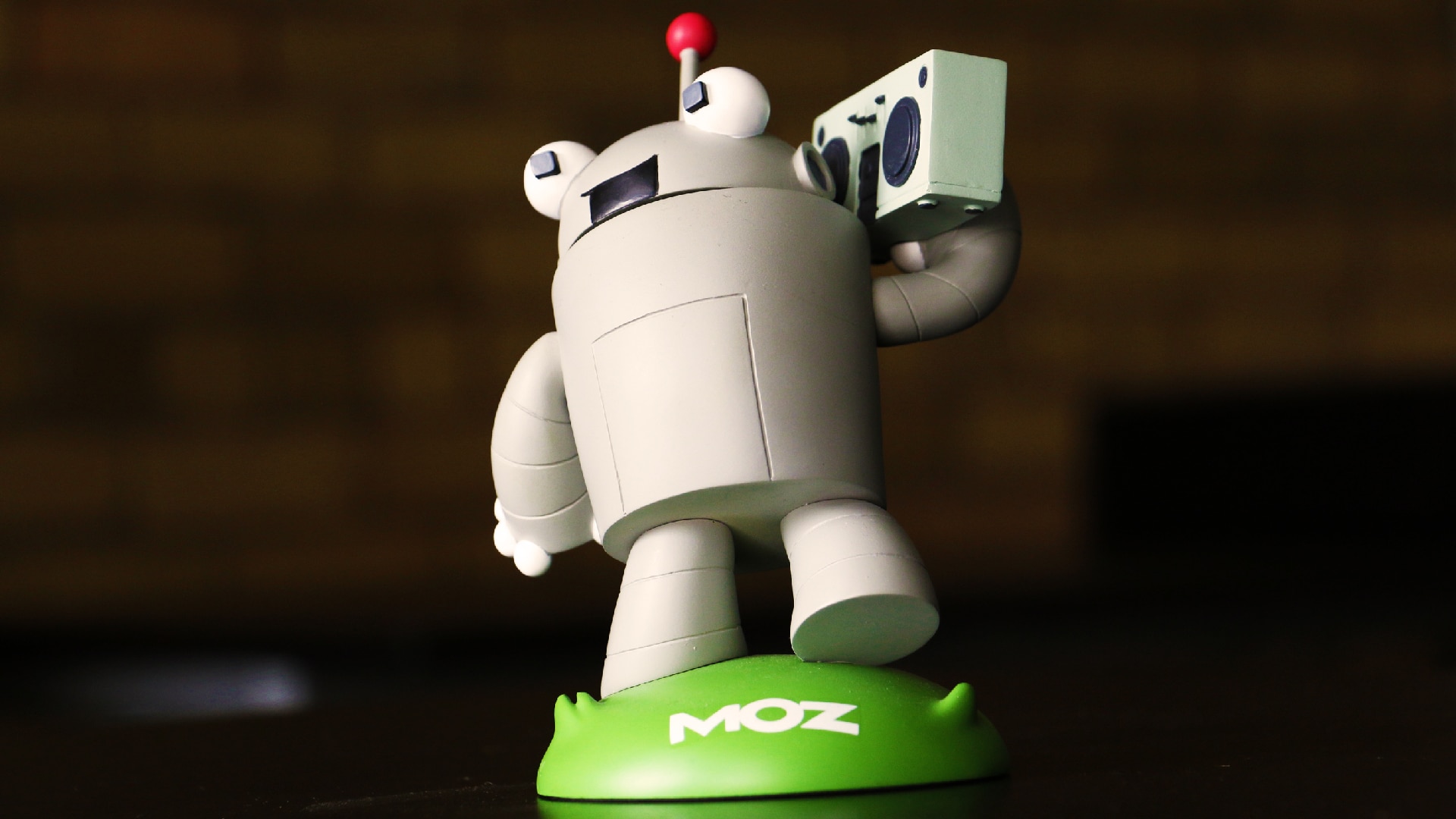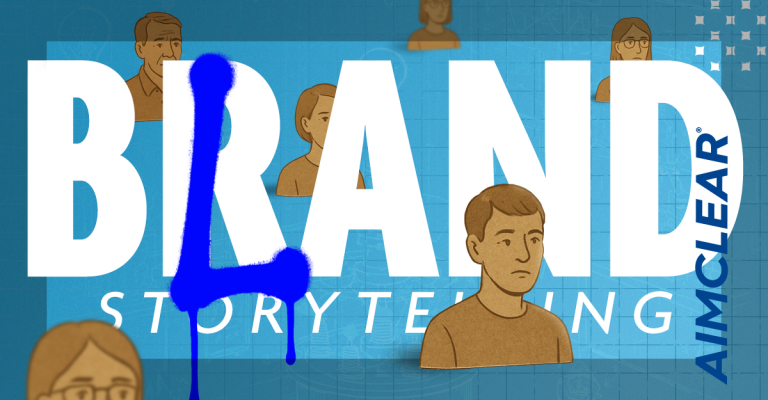Character of a person or organization has little to do with financial or professional success when times are good. Instead, true character is often defined by how that person or organization shines in the face of difficulty.
Such was the case last week when our wonderful friends at Moz announced a refined business focus ” a move that, sadly, will result in job cuts for about a fourth of the monstrously talented Mozzers who have put the company at the forefront of search and digital marketing for more than a decade. Close friends more than competitors of AIMCLEAR, Moz has been highly influential in our company’s evolution in search and digital marketing. We love Moz as people, friends and competitors. After last week’s difficult announcement, we love them all a little more.
For context, any announcement of job reductions will impact people’s lives in many ways and it’s never easy. As a 20-year PR and corporate comms guy, I’ve penned dozens of communication packages detailing M&A deals, corporate spinoffs, cutbacks due to declining revenue and some flat-out bad business decisions that forced a company to slash jobs. Properly communicating about layoffs is a tough balancing act.
Difficult changes happen to virtually every organization at some time. In the process, however, the dubious art of spin too often rears its ugly head. Human impact gets buried under attempts to paint an organization or leadership in a positive “go forward” light. At the same time, otherwise-excellent communicators are forced into a vocabulary replete with antiseptic terms such as “rightsizing,” “synergies,” “economies of scale,” “enhancing shareholder value” or, the mac daddy of compassion, “outplacement services will be provided to those impacted by this action.”
Being human = authentic PR
Moz avoided the rhetoric-laden buzzword Bingo, inhuman PR trap.
Instead, CEO Sarah Bird was clear, eloquent, compassionate and, most importantly, authentic while announcing difficult company changes.
In the company blog post, Sarah efficiently explained why Moz is (smartly, in our opinion) refocusing on what it does best: search. We’re talking about a company that truly wrote the book on search, and they will undoubtedly continue to push the rest of the industry toward greatness.
Sarah went on, though, candidly describing why certain strategies didn’t pay off as hoped and how the company will close some gaps to best support clients moving forward.
Midway through the announcement, Sarah shifted gears to address the elephant in the room. Layoffs. She communicated with courage and character that too few leaders display, using terms like “gut wrenchingly painful” and “heartbreaking.” She acknowledged that Moz is “asking people who have put their hearts and souls into Moz to part ways.” Moz handled this situation with a human touch, yet set the stage for better things to come for all Mozzers and for the company as a whole. The messaging seemed to come across as honest, candid and helpful for all audiences.
A private company, Moz is not shackled with the same stakeholder concerns publicly traded companies face (a universe in which terms such as “enhancing shareholder value” are, in fact, important and necessary). However, Moz’s handling of the situation can be instructive even for Goliaths of industry. Any organization, small or large, is made up of people, and difficult actions by an organization have a very personal affect on everyone: those who lose jobs, those staying with the company, customers and investors.
We encourage you to read Sarah’s post. Some may find it instructive and helpful. Others, understandably, may firmly disagree with my assessment of how this situation was handled. Undoubtedly, many companies are currently grappling with how to position similar news. In my experience, leaders who have chosen to be up front and honest about the human impact often stood a better shot at gaining favor with most audiences. People typically see through a charade of compassion, but can be remarkably forgiving in the face of honesty, even if they don’t like the outcome.
In her post, Sarah asks people to hug a Mozzer when they see them. Maybe take it a step further. If you see a resume from a Mozzer, give it a second look, or check out HireMoz.com. In Moz-like fashion, the folks who had to part with the company quickly crafted the site to help each other find their next career step.
The search/social/digital marketing universe is competitive, but it’s also a tight-knit community, so word is spreading quickly. Our guess is HireMoz.com won’t be needed too long. We anticipate great things for Moz as well as those who will put their talents to great use in a new setting.









